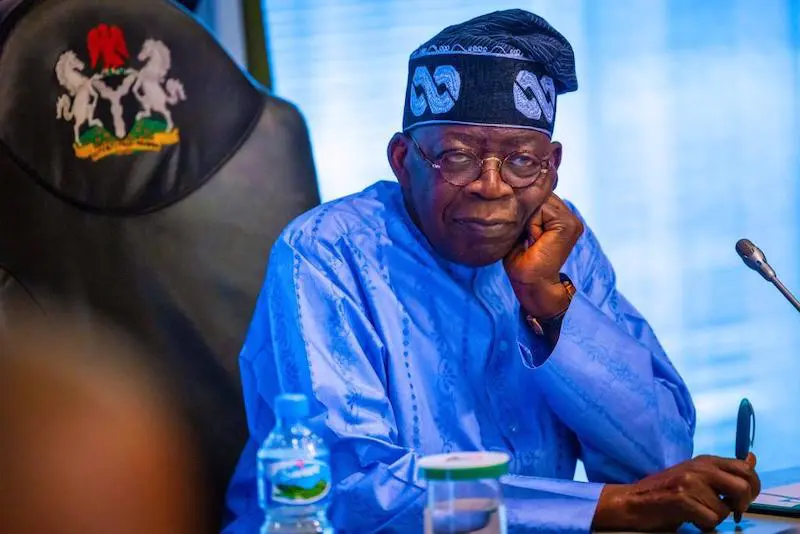The recent comments by the World Bank’s Senior Vice President, Indermit Gill, advising Nigerians to endure another 10 to 15 years of economic reforms under President Bola Tinubu’s administration have sparked widespread backlash. Many Nigerians, already facing immense hardship due to the removal of fuel subsidies, rising inflation, and harsh economic conditions, view this advice as detached and elitist.
Critics’ Concerns:
- Long-term Hardship: Critics, including Nigerian academics and social commentators like Prof. Moses Ochonu, argue that expecting Nigerians to endure a decade or more of economic pain is unrealistic and dangerous. Ochonu warns that this prolonged hardship could lead to social unrest, as no population can be expected to bear indefinite suffering without breaking.
- World Bank’s Track Record: Several voices, such as ActionAid Nigeria and Niger Delta activists, have condemned the World Bank for pushing policies that have historically failed to deliver tangible benefits. ActionAid pointed to Nigeria’s Structural Adjustment Programme (SAP) of the 1980s as a prime example of the destructive effects of World Bank-endorsed reforms, which crippled industries and increased poverty.
- Economic Elitism: Prof. Sebastian Uremadu and other critics label the current reforms as elitist, retrogressive, and unsustainable. They argue that the policies disproportionately benefit the political and economic elite while pushing ordinary Nigerians deeper into poverty.
- Corruption and Governance: Activists like Zik Gbemre argue that the real issue lies in the mismanagement and corruption within Nigeria’s leadership. They see the World Bank’s advice as a distraction from addressing these root causes of economic inefficiency.
- Policy Duplicity: Critics such as Prof. Patrick Muoboghare describe the World Bank’s advice as hypocritical, pointing out the contrast between the institution’s focus on reforms and the visible worsening of conditions for the poor.
Support for Reforms: Not everyone opposes the reforms, though. Some, like Joseph Ambakederimo, believe that Tinubu’s economic policies, while painful, are necessary to restructure the Nigerian economy. They argue that past administrations have delayed tough decisions, and now the country must face these challenges head-on to create a sustainable future.
Call for Accountability: A common thread among critics is the need for more people-centered reforms and better governance. Many urge the government to reject the World Bank’s approach and focus on reducing corruption, supporting local industries, and alleviating poverty immediately, rather than relying on long-term promises of prosperity.
In summary, while there are arguments in favor of Tinubu’s economic reforms, the overwhelming response from various sectors in Nigeria is that expecting citizens to endure 10 to 15 more years of hardship without tangible improvements is not only unreasonable but could lead to deeper social and economic crises.
Click here to join our Telegram Channel

